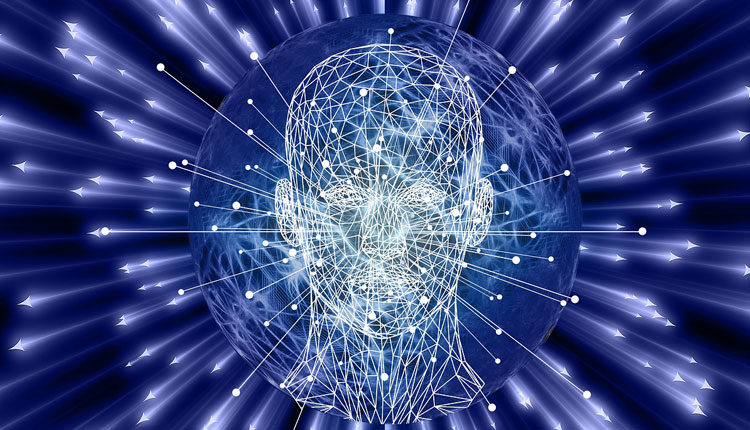
‘Nothing About Us Without Us:’ The Rise of Neurodivergent Researchers Studying Autism
James Charlton is an American disability rights activist who traced the slogan “Nothing about us without us” to South African disability rights advocates in the 1980’s. Eastern European labor organizers used it before them and in the sixteenth century, it was used in conjunction with a law to limit the power of a king. Now it is best known as the motto of the disability rights movement.
People with disabilities demand to be included in decision making and policies that have a profound impact on their lives, throwing off infantilizing and deficit-based characterizations of their potentialities.
An exciting aspect of this sea change in attitude about disability is the growing number of researchers who are on the spectrum themselves. They are pushing through barriers of neurotypical bias and their own sensory challenges to participate in and enhance the field of autism science.
One such researcher is Monique Botha at the University of Surrey in the United Kingdom. In delving into her research on the high incidence of mental health problems in the autistic population, she found articles within the last twenty years likening autistic children to “great apes,” surmising that their language problems stemmed from “a failed domestication of the human brain,” and a prominent linguist likening them to robots. These writings lead her to immediately hypothesize that stigma contributes heavily to the emotional travails of autistic individuals.
Having been diagnosed with autism at age 19, Botha felt uniquely qualified to delve further into autism scientific literature. The notions she encountered about autism just got worse. Some reports stated that autistic individuals are “incapable of having moral selves,” “are inherently selfish and egocentric” and “exist as economic burdens to communities.” Those with moderate-to-severe forms of autism were posited to be incapable of experiencing “a good life,” including experiencing close personal relationships.
These opinions only strengthened Botha’s resolve to alter the discourse about autism. Now an associate lecturer in psychology, Botha studies the effects of stigma and discrimination upon autistic people. This is not an abstraction for her as she recognizes autistic vulnerability to mental health issues and suicide is directly connected to prejudice against them. Shockingly, in this current COVID-era, some doctors in the UK have pushed for “do not resuscitate orders” for autistic adults without their consent or that of their family. Obviously, the very right of ASD individuals to exist is endangered from some quarters.
Fortunately there’s a growing cohort of autistic scientists who study the condition, pushing through the skepticism of their neurotypical colleagues, difficulties in communication with those colleagues and the sensory minefields of professional conferences with their chaotic and cacophonous crowds.
Autistic community involvement helps determine how research funds are allocated. Neurotypical researchers want to study the pure science of autism. In contrast, respondents to a 2018 survey in the US cited well-being, the transition to adulthood and shortened lifespans as the most pressing research issues.
Autistic scientists have been paramount in prioritizing research in areas that are of most concern to the neurodivergent population and are helping to change the tone of how neurodivergent individuals are described. More and more, neurotypical researchers are coming to terms with the fact that their participatory scientific work is actually being reviewed by the people they are talking about. So not only are neurodivergent researchers bringing focus to bear on matters that are of most concern to their own community, their presence is striking at the heart of deeply held, yet often unconscious biases held by the neurotypical scientific community.
More than a slogan, “Nothing about us without us” is actually bringing hope and change to individuals on the autism spectrum.
